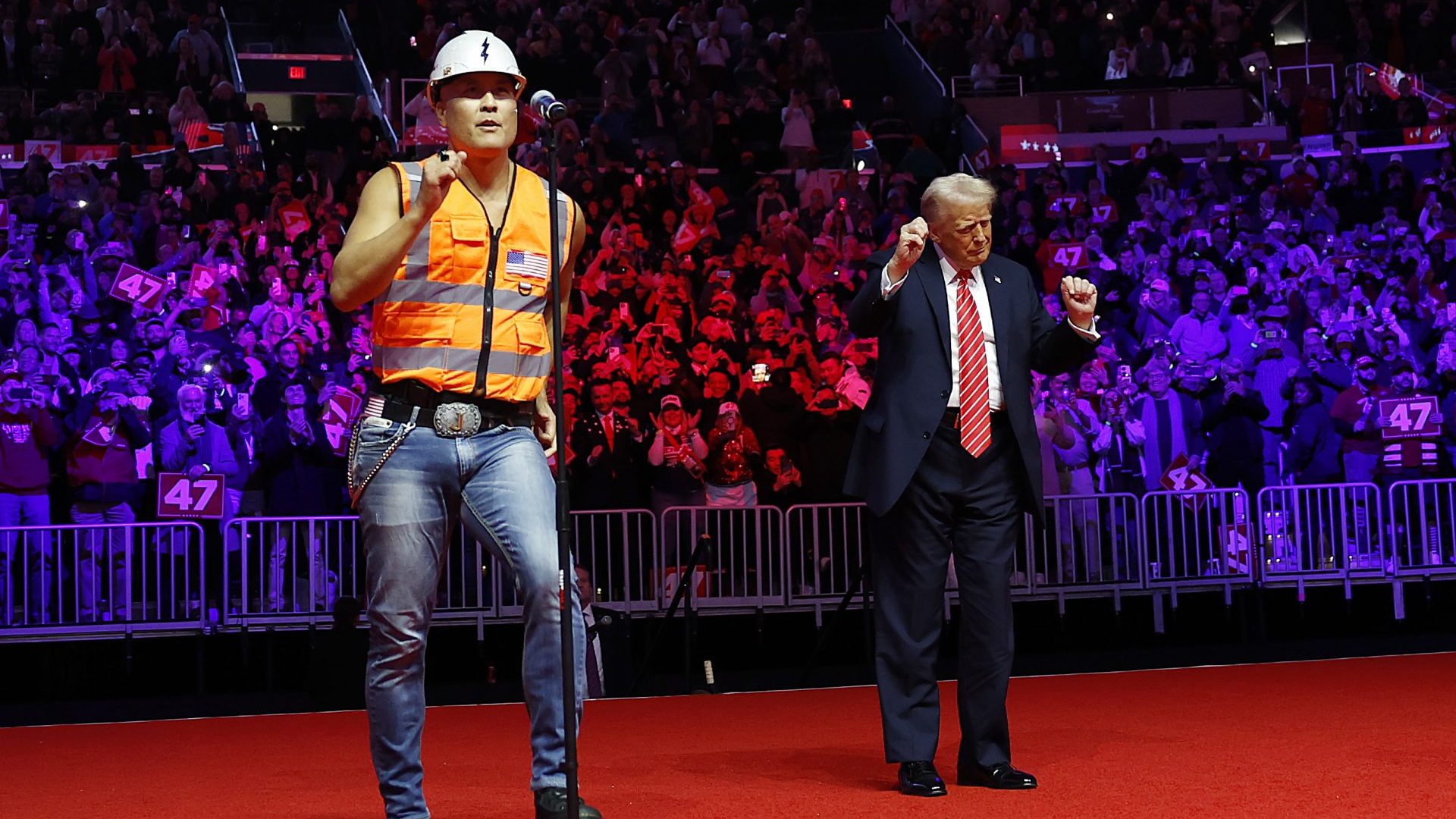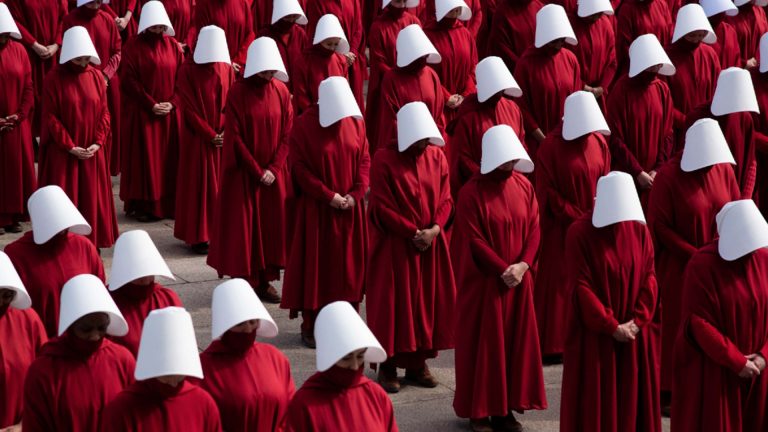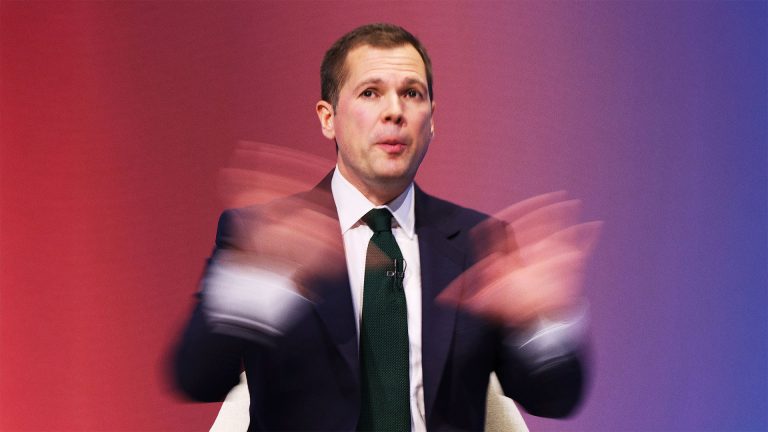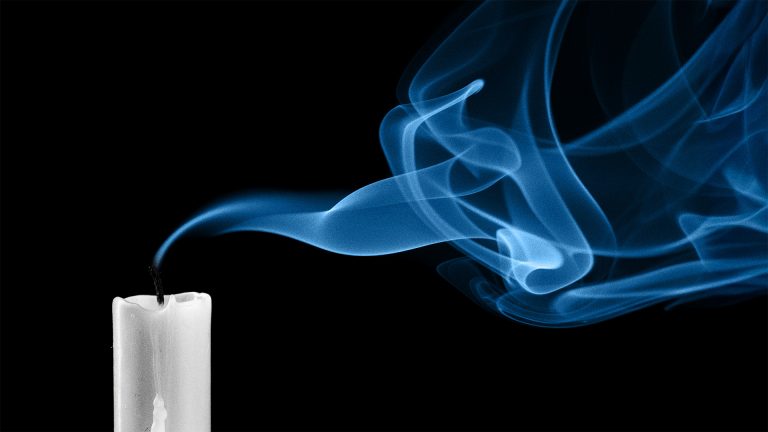Well, here we go again. He’s back. The assurances given this time are that this is a new him, an improved, more disciplined political operator who learned from the mistakes of the first term, who accepts that perhaps things got a little out of hand and has brought new people onto the team to help keep his excesses in check.
The team may have changed and the inauguration speech might have been slightly lower temperature than the last one, but the central character has not changed. The immediate deluge of executive orders, including a mass pardon for the rioters who attacked the Capitol on January 6, makes that clear. This is still the same man, though perhaps a little older and slower than before.
And so there is every reason to expect Donald Trump’s second presidency will share the central characteristics of the last one: that it will be total pandemonium. The hush money to porn stars, the dossiers alleging obscene acts in Moscow hotel rooms, leaked tapes in which he boasted of sexual assault, allegations of election interference, the attempted coup, the double impeachment – it was a rolling, 24/7 disasterthon, a torrential downpour of idiotic behaviour.
That chaos emerged directly from his own character. Impulsive, instinctual and with a healthy dose of hubris stirred in, his mental waywardness translated directly into a political tumult so destructive that several senior figures in his administration were jailed, and a substantial number ended up resigning.
Of this second group, it was the soldiers who were most open about their misgivings. General John Kelly, the former marine commander and his White House chief of staff, commented that, in his view, the president matches “the general definition of fascist”, and that he is a man who “prefers the dictator approach to government”.
But looking back, it was hard to see his first administration as being fascist because it appeared such a mess, and the general sense of fascism is that it involves a disciplined political order – that it “gets the trains running on time”.
But the other reason why his first administration didn’t feel fascist was because it was beset with such extreme silliness. And the reason for that is that he is a silly man. He is inherently comic, often by accident, and everything about him – the fake tan, the hand gestures, the weird speaking style, his whole gaudy oligarchic vibe – is just very very silly.
But that silliness doesn’t mean he’s not dangerous. He is both silly and dangerous at the same time, and one is in fact cover for the other. You laughed when he talked about immigrants eating dogs, but now he has signed an order to take the US out of the World Health Organisation, are you still laughing?
Look behind the silliness and you see something much worse. In her book, The Origins of Totalitarianism, Hannah Arendt remarked that “mankind had divided itself between those who believe in human omnipotence (who think that everything is possible if one knows how to organises masses for it) and those for whom powerlessness has become the major experience of their lives.”
This division between the omnipotent and the powerless is present in the US now. Just look at the technology gods assembled at Trump’s inauguration, whose companies between them (as my colleague James Ball pointed out) now have a market capitalisation of around €10 trillion: that’s a one followed by 13 zeroes. They are the ones who believe in their own omnipotence, not least the Nazi-saluting electric car salesman himself, who believes not only that he can reshape the inner structures of the entire US state, but also that he can take humankind on a new civilisational leap to the colonisation of Mars.
And then consider the latest US census, which found that 36.8 million Americans are living in poverty. Of that number, 40% are white. They are, broadly speaking, the ones that Hillary Clinton called “deplorables”, with such disastrous electoral consequences. These are the people for whom powerlessness is their “major experience”.
The foreground of Trump’s second term will be taken up with a carnival of demeaning, absurd razzamatazz. He will become embroiled in silly arguments, say silly things, sack people for silly reasons – and he may even try to sack the car salesman. If those two fall out, it could be a spectacle to eclipse anything that we have seen so far.
This second term, then, will be just as silly as the first. But beneath the surface are the foundations of a much deeper and more sinister political danger. American society is divided in the worst kind of way, with a governing class of billionaires that embodies the most dangerous personal and political instincts.
Arendt famously coined the term “the banality of evil” to describe the horrors of the 20th century, and its perpetrators. But there is nothing banal about Trump. He’s far too gaudy, too loudmouthed – far too silly.
He represents something altogether new: the silliness of evil. A new variation on an old menace.











